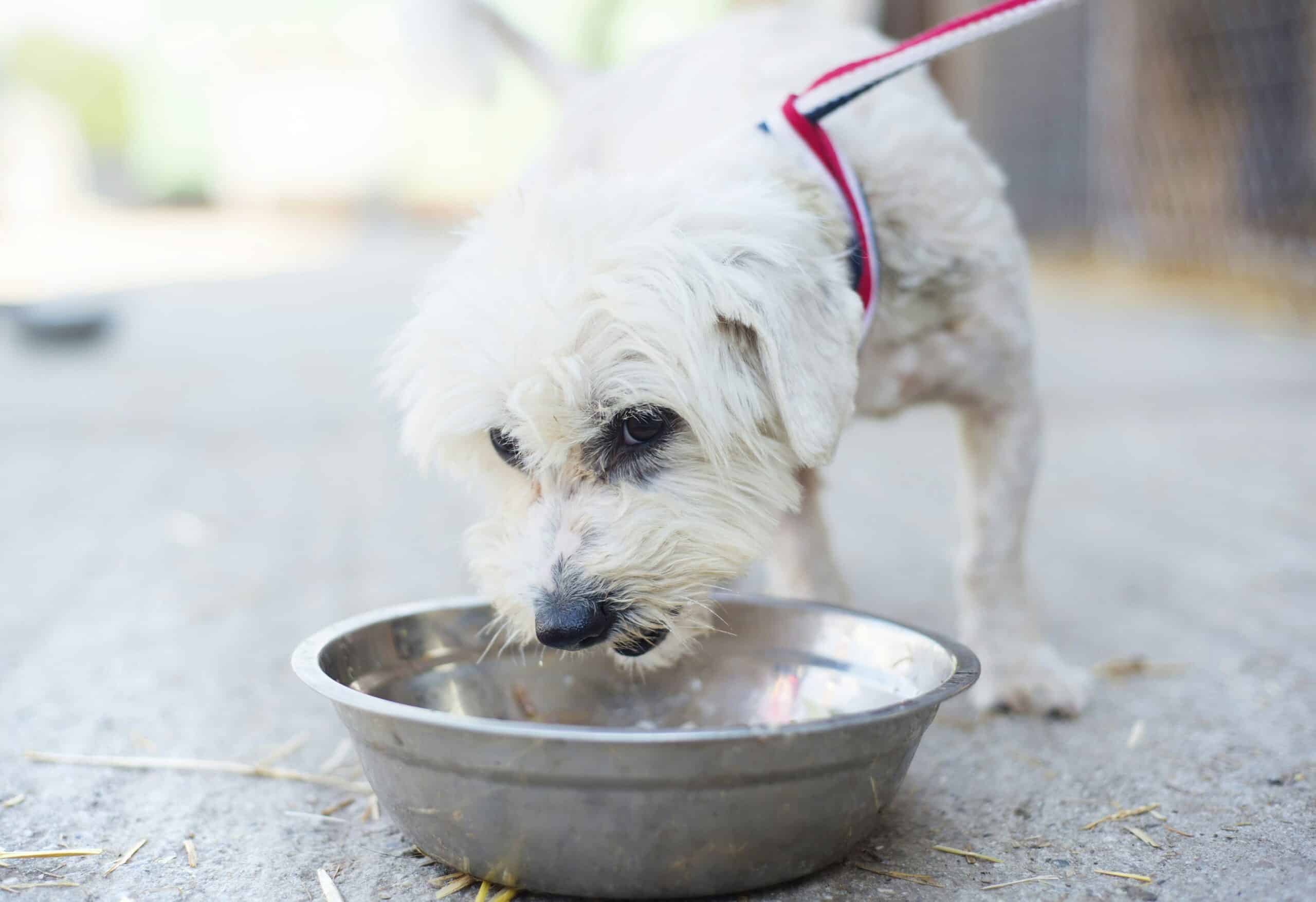
Common Pet Food Additives and Their Effects
Navigating the world of pet nutrition can feel overwhelming, especially when faced with a long list of ingredients and additives found in many pet foods. Understanding these additives and their effects on your furry friend is crucial for making informed choices.
Pet food additives often play a significant role in ensuring the health and longevity of your companion. They can enhance flavor, prolong shelf life, and provide essential nutrients. However, not all additives are beneficial, and some may even pose health risks.
Understanding Common Additives
Here’s a closer look at some of the common additives you’ll find in pet foods, along with their potential effects.
| Additive | Purpose | Potential Effects |
|---|---|---|
| Preservatives | Extend shelf life | Some, like BHA and BHT, may be linked to health issues |
| Flavor Enhancers | Improve taste | Can lead to overconsumption and obesity |
| Artificial Colors | Enhance appearance | Linked to allergies and hyperactivity |
| Thickeners | Improve texture | Generally safe, but some pets may be sensitive |
| Antioxidants | Prevent spoilage | Beneficial, some natural options include vitamin E |
| Emulsifiers | Combine ingredients | May cause digestive issues in sensitive pets |
| Probiotics | Support gut health | Generally positive, can improve digestion |
| Vitamins & Minerals | Enhance nutrition | Essential for balanced diets, but excess can be harmful |
Expert Insights
Dr. Lisa Freeman, a veterinary nutritionist, emphasizes the importance of understanding what each additive does. “Pet owners should not only look at the ingredient list but also understand the purpose of each additive and how it affects their pet,” she advises.
Research Findings
Recent studies have shown that certain preservatives, like ethoxyquin, are under scrutiny for their potential carcinogenic effects. Meanwhile, natural preservatives such as vitamin E and C are gaining popularity for their safety and efficacy.
Personal Experience
Consider the tale of Max, a lively Labrador whose owner noticed a marked improvement in his overall health after switching to a diet free from artificial additives. Max’s coat became shinier, and his energy levels soared.
Always check with your veterinarian before making significant changes to your pet’s diet, especially if your pet has specific health concerns.
Actionable Tips
- Read labels thoroughly and research unfamiliar additives.
- Choose pet foods with natural preservatives and colorings.
- Be cautious of foods with long ingredient lists, which may indicate excessive additives.
FAQs
Are all preservatives harmful to pets?
Not all preservatives are harmful. Natural preservatives like vitamin E are generally safe, while some artificial ones may pose risks.
How can I identify unhealthy additives in pet food?
Look for ingredients like BHA, BHT, and artificial colors, and consult your vet for guidance.
Conclusion
Informed choices about pet food additives can significantly impact your pet’s health. By understanding these common additives and their effects, you can provide your furry friend with a diet that supports their well-being and longevity.


